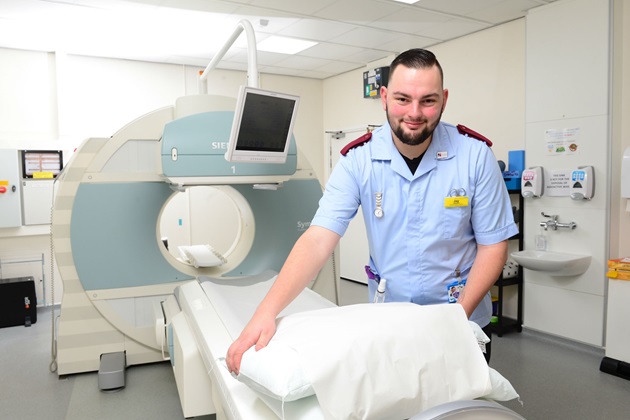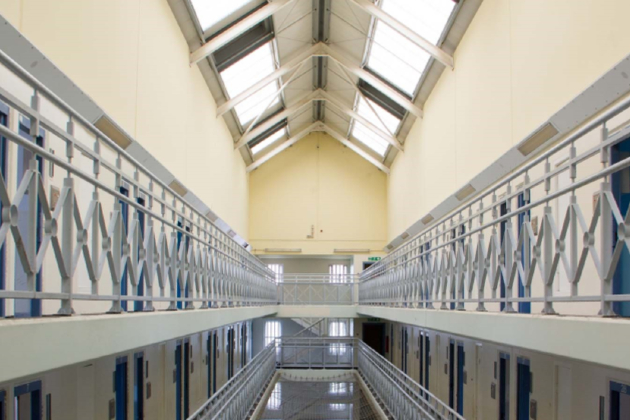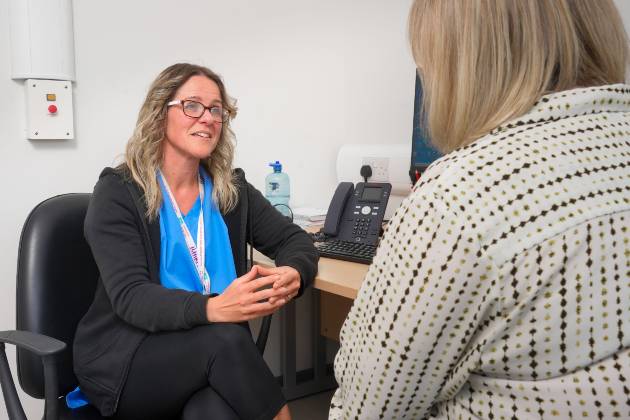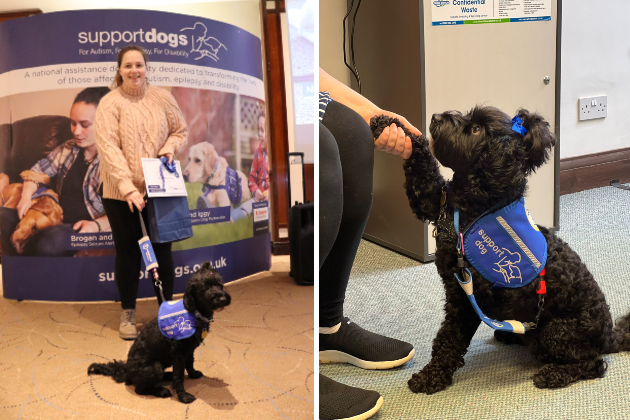RCN member Jay has overcome huge obstacles to forge a fulfilling career as a radiology health care assistant
“I absolutely love my job,” says Jay. “I’m proud of what I do.”
It’s something we’d all like to be able to say but for Jay, there hasn’t been an easy route to his role as a radiology health care assistant at Walsall Healthcare NHS Trust.
He was just 13 when he was told he might struggle to hold down a job and that he would need support for the rest of his life because he was living with Asperger syndrome and attention deficit hyperactivity disorder (ADHD).
“I was shocked when I read the diagnosis letter because I just wanted to know why I felt different to other people,” he says. “I’d seen the work that my mum did as a senior ward sister. I knew that nursing was something I’d want to do, but I was cautious. I feared I couldn’t do the job.”
I knew that nursing was something I’d want to do
With the support of a teacher who mentored him, Jay grew from an unconfident adolescent to someone determined to get out there and find the right job for him.
It took some time to find the right role and at first he flitted between jobs, feeling uncomfortable and unable to settle in a range of roles. He tried working as a bar tender a few times. He gave being a community carer a go, and applied many times to work for the NHS, but kept getting rejected.
Supporting patients
Now in his role as a radiology health care assistant, Jay revels in the patient care that sits at the heart of his working life. No two days are ever exactly the same; sometimes he works with radiographers and ultrasound sonographers. He often acts as a chaperone for ward patients or those in A&E, perhaps assisting clinicians in guided biopsies, taking responsibility for the equipment they use.
The best part of the job though, according to Jay, is being there for patients when they’re scared.
“On my shift today, there was a woman who was distraught. She couldn’t stop crying. She needed to hear how well she did, and how brave she was. I was delighted when I managed to get her smiling and laughing again,” he says.
Inclusive team
So what’s made this job so different for Jay? He believes it’s the attitude of others.
He works in a large, inclusive team which he says brings out the best in everyone. “We’re all different but we’re all there for each other and that’s what makes us so strong,” he explains.
The support he’s received from managers has made a huge difference too.
“If ever I have a problem, they’re there and they’re interested,” he says. “My boss gives me the time if I need it.”
But Jay knows from experience that this isn’t the case everywhere and urges managers to keep an open mind.
“Don’t judge a book by its cover. Don’t assume that a person with Asperger syndrome can’t do the job. We might need some support but we, like everyone else, can bring something to your team.”
Don’t assume that a person with Asperger syndrome can’t do the job
It’s clear that the picture painted in the diagnosis letter doesn’t reflect what Jay has achieved and because of this he says other people with Asperger syndrome shouldn’t be put off looking for a job in health care.
“Don’t let having a diagnosis of Asperger syndrome stop you,” he says. “Whatever that letter said back then I now live independently with my fiancée and have a fulfilling, full-time job.”
Removing disabling barriers at work
“Reading about Jay’s workplace is a breath of fresh air,” says Holly Chadd, from the RCN’s peer support team. “As Jay has noted, a diverse workforce full of lived experience is great for teams and for patients; which is why it’s so important to challenge limiting perceptions about ability.”
Read more about tools to remove barriers in the workplace in the RCN guidance Removing Disabling Barriers at Work.
The RCN is holding a series of free events to provide participants with the skills to make changes in their workplaces. With legal surgeries, expert advice on the support available to you from the RCN and others, this is a day of inspiration and empowerment not to be missed.
To book your place on the event, being held in RCN headquarters in London on 30 March 2020, between 10am and 5pm, email wendy.irwin@rcn.org.uk quoting “Breaking down the barriers” in the title. Please advise if you have any specific access and/or dietary requirements.
Further information
What is Asperger syndrome?
People with Asperger syndrome see, hear and feel the world differently to other people. If you have Asperger syndrome, you have it for life – it is not an illness or disease and cannot be “cured”. Often people feel that Asperger syndrome is a fundamental aspect of their identity.
Source: The National Autistic Society
What is ADHD?
Attention deficit hyperactivity disorder (ADHD) is a behavioural disorder that includes symptoms such as inattentiveness, hyperactivity and impulsiveness.
Source: NHS.








